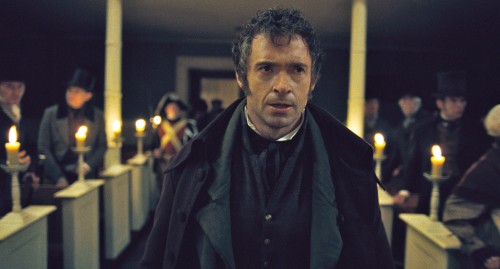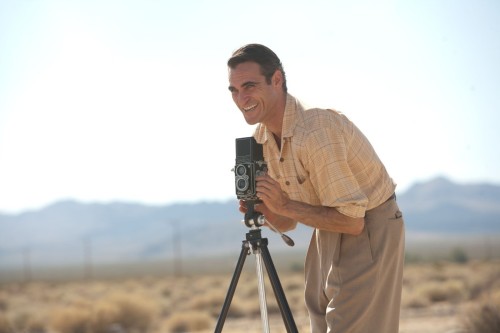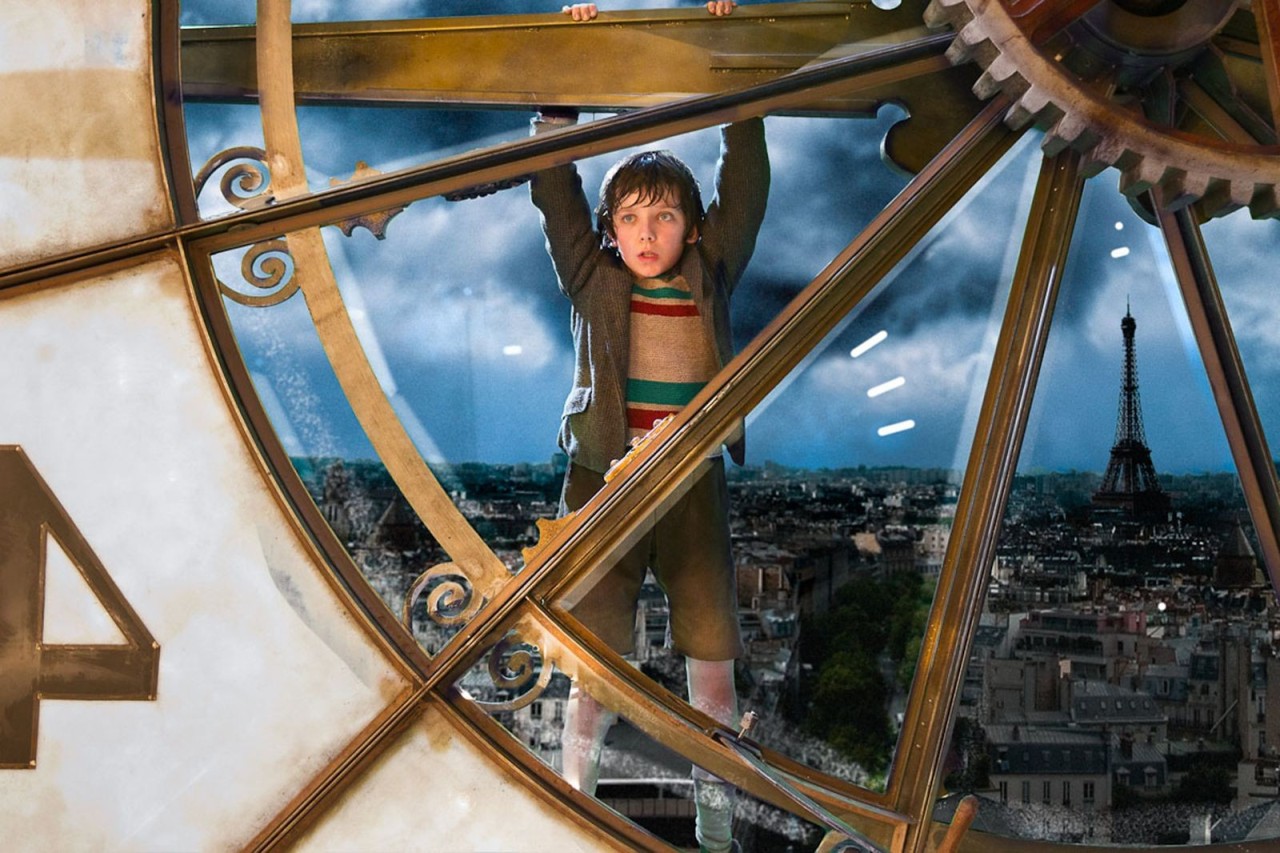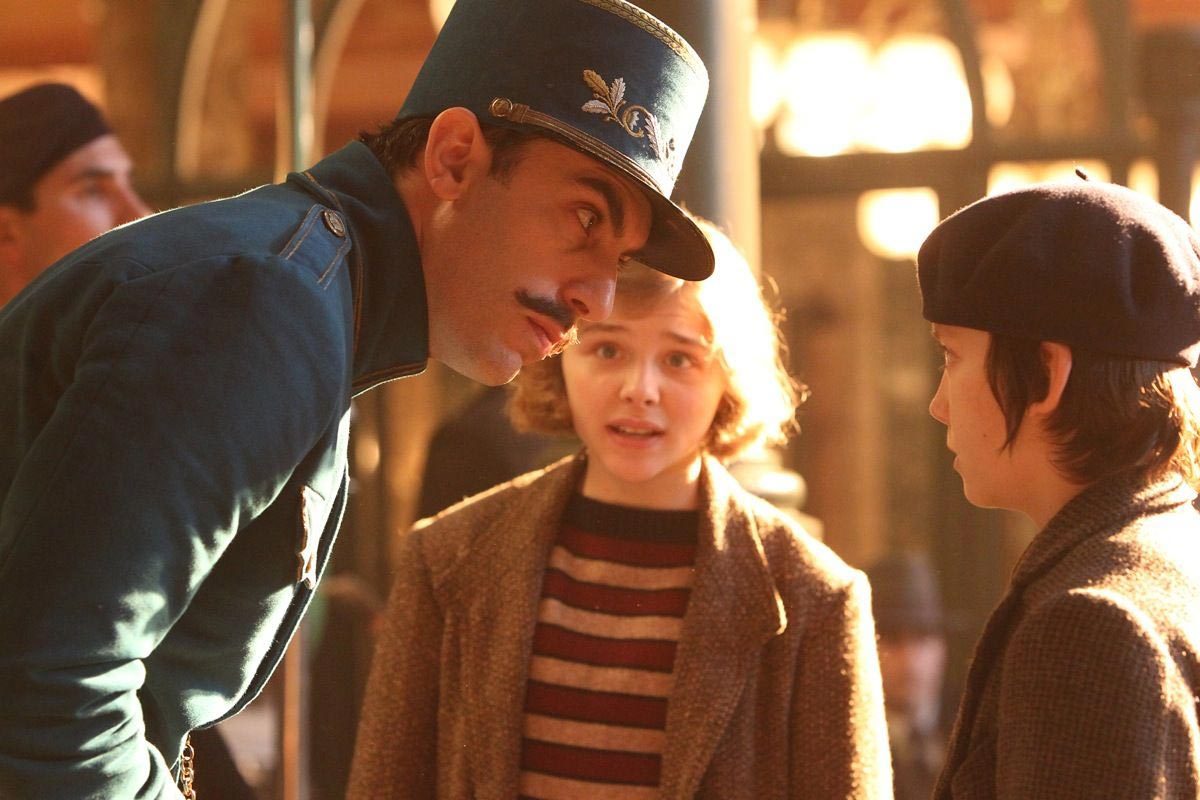How to Survive a Plague (2012)
85th Academy Awards 2013
4/5 Stars
Nominated for 1 award.
Nominated for Best Documentary Feature (David France, Howard Gertler).
Watched February 18, 2014.

Regardless of its content and message, How to Survive a Plague is exactly the type of documentary that I like. It is full to bursting with original stock footage, which tells most of the story. The interview footage is used very well and although the balance tends to be more B-roll heavy, it communicates the story extremely well. If it weren’t for such a hard subject, this could be a documentary that I would watch several times over.
The AIDS and HIV epidemic broke out in the 1980s and millions of people died while the FDA worked sluggishly (and through protocol) to produce affordable medication for the dying. Two groups formed–ACT UP and TAG (Treatment Action Group). ACT UP had demonstrations and protests. Some of its original members eventually broke off to form TAG, which was probably the most effective group at getting the best medication passed through testing and trials to the general populace. Both groups grew from humble, angry beginnings and eventually gained respect from the scientific community. They grew angry with politicians who told them to “change their behavior” and protested the Catholic church for denouncing the use of condoms.
While the 109 minute film can get a little repetitive, it effectively works over ten years of ACT UP meetings, protests, conferences and stats into the storyline to portray the humanity of the issue. While the persons interviewed or featured in the original footage state their opinions strongly, about politics and otherwise, the film itself holds back and seems to want to emphasize the numbers–the death toll–and the humans behind each one. Despite differences, lifestyles, and choices, these people are trying to save their lives. Sometimes they act in desperation but their groups drag them back to reality so that their efforts will be effective instead of just expressive.
All in all, despite the heavy subject matter, it is an excellent documentary. The people are raw and real. Their stories are unfiltered. The directorial touch is very light. They certainly created a story from the many hours of footage and through editing they were able to connect with the people in front of the lens. They even leave in “bloopers” from original footage to show how incredibly real this situation was. Everything they are trying to communicate is not necessarily what others failed at, but what ACT UP and TAG succeeded at.
Despite how much I can rave about this film, I will mention again that it becomes repetitive. Group meetings, conferences, and protests are broken up by interviews and the occasional news program. There are political rallies and Presidential debates. It is almost as if the crew became too attached to certain sub-plots and felt that the film would be harmed if it was left out–but it would not. We get the picture that the FDA is taking too long to approve the right meds, but somehow that gets lost a little bit while the plot meanders into multiple protests and political spotlights. The resolution is rushed and sudden while the journey to it is long and drawn out. The story needs a more firm direction to be a true knock out.
That is my one and only complain with this truly nomination worthy film. I would probably watch it again, and would also recommend that the documentary lovers see it.



